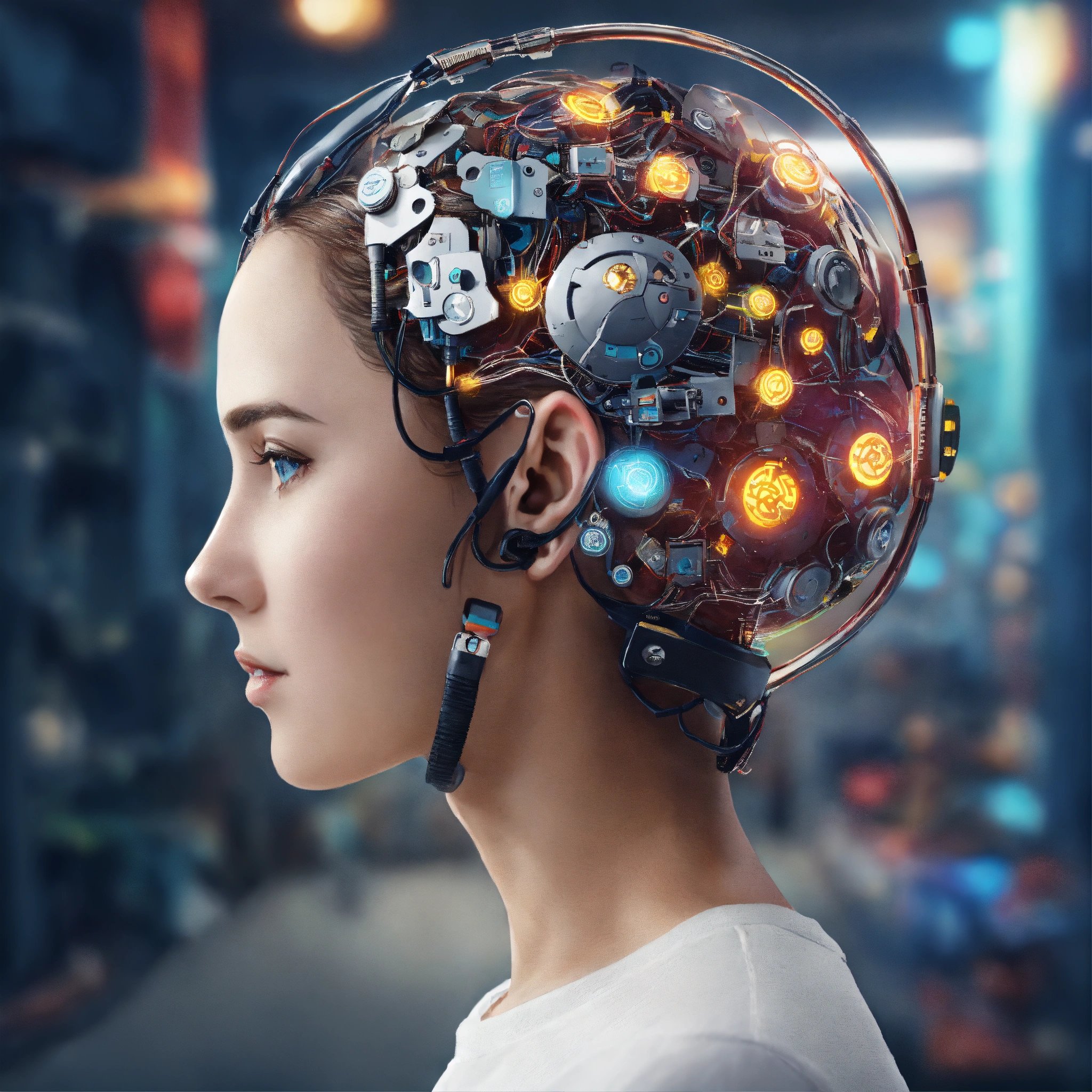ChatGPT criticism OpenAI, a research organization dedicated to creating artificial intelligence (AI) that can benefit humanity, has developed ChatGPT, a text-generating AI chatbot that can converse with humans on various topics. However, a group of authors who tested the chatbot found it lacking in creativity and human connection. They also expressed their concerns about the ethical implications of using such tools for writing.
ChatGPT, a text-generating AI chatbot by OpenAI, fails to impress authors who find it uncreative and unethical. Read their blog post to learn why they don’t trust ChatGPT.
The authors, who are part of a collective called Writers Against AI, published their findings in a blog post titled “Why We Don’t Trust ChatGPT”. They claimed that ChatGPT was unable to produce original or engaging content, and often resorted to copying or paraphrasing existing texts from the internet. They also said that ChatGPT failed to understand the context or the tone of the conversation, and sometimes gave inappropriate or offensive responses. ChatGPT criticism
The authors argued that ChatGPT poses a threat to the integrity and quality of writing, as it can be used to generate fake or misleading content that can influence public opinion or manipulate emotions. They also warned that ChatGPT can undermine the value and the identity of human writers, who spend years honing their craft and expressing their unique voice. ChatGPT criticism
The authors urged OpenAI to be more transparent and responsible about the development and the deployment of ChatGPT, and to consider the potential harms and risks of creating such powerful and influential technology. They also called for more awareness and education among the public and the writers about the limitations and the dangers of ChatGPT and other similar tools.
OpenAI, a research organization dedicated to creating artificial intelligence (AI) that can benefit humanity, has developed ChatGPT, a text-generating AI chatbot that can converse with humans on various topics. However, not everyone is impressed by this technology, especially authors who tested the chatbot and found it lacking in creativity and human connection. They also expressed their concerns about the ethical implications of using such tools for writing.
ChatGPT is based on GPT-3, a powerful language model that can generate coherent and diverse texts from a given prompt. ChatGPT is designed to mimic human conversations, and can respond to questions, comments, and requests from users. It can also generate texts on various domains, such as news, fiction, poetry, and more.
However, a group of authors who are part of a collective called Writers Against AI, published their findings in a blog post titled “Why We Don’t Trust ChatGPT”. They claimed that ChatGPT was unable to produce original or engaging content, and often resorted to copying or paraphrasing existing texts from the internet. They also said that ChatGPT failed to understand the context or the tone of the conversation, and sometimes gave inappropriate or offensive responses.
The authors argued that ChatGPT poses a threat to the integrity and quality of writing, as it can be used to generate fake or misleading content that can influence public opinion or manipulate emotions. They also warned that ChatGPT can undermine the value and the identity of human writers, who spend years honing their craft and expressing their unique voice.
The authors urged OpenAI to be more transparent and responsible about the development and the deployment of ChatGPT, and to consider the potential harms and risks of creating such powerful and influential technology. They also called for more awareness and education among the public and the writers about the limitations and the dangers of ChatGPT and other similar tools.
The authors concluded their blog post by saying that they do not trust ChatGPT, and that they will continue to write with their own minds and hearts, not with machines.
The authors concluded their blog post by saying that they do not trust ChatGPT, and that they will continue to write with their own minds and hearts, not with machines. ChatGPT criticism


I loved you better than you would ever be able to express here. The picture is beautiful, and your wording is elegant; nonetheless, you read it in a short amount of time. I believe that you ought to give it another shot in the near future. If you make sure that this trek is safe, I will most likely try to do that again and again.
My brother recommended I would possibly like this web site.
He was totally right. This put up truly made my day.
You can not imagine simply how a lot time I had spent for this information! Thank you!
Here is my web page :: vpn coupon code 2024
Howdy very nice site!! Guy .. Excellent ..
Amazing .. I’ll bookmark your web site and take the feeds additionally?
I’m satisfied to seek out a lot of useful info here within the publish,
we’d like work out extra strategies in this regard, thank you for sharing.
. . . . .
My site vpn coupon code 2024
Excellent post. I will be dealing with some of these issues as well..
Look at my website: facebook vs eharmony to find love online
These are actually fantastic ideas in about blogging.
You have touched some good points here. Any way
keep up wrinting.
My web page nordvpn special coupon code 2024